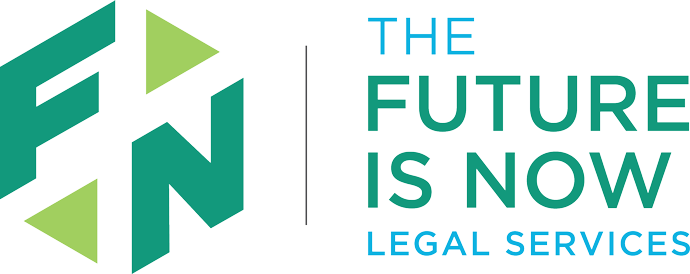Almost 40% of people who resolve legal cases through online dispute resolution (ODR) wouldn’t have been able to get to the courthouse, said MJ Cartwright. For many, scheduling, transportation and other impediments to access stand in their way.
In response, convenient and accessible dispute resolution alternatives are cropping up on the internet. To date, tens of thousands of ODR cases have been resolved online, Cartwright said. And strong outcomes and positive experiences with the judiciary have been reported.
Cartwright said that based on initial outcomes data from Court Innovations and Michigan courts, 39% of individuals who used ODR said they wouldn’t have otherwise resolved cases. In addition, 80% said ODR was a time savings and 92% reported fines and fees were paid within 30 days.
Cartwright positioned ODR as a potential solution to help address the backlog of court cases and enhance judicial efficiency and efficacy. ODR technology positively affects judicial economy, she said, and is correlated to increased access to justice and decreased cost of resolution.
